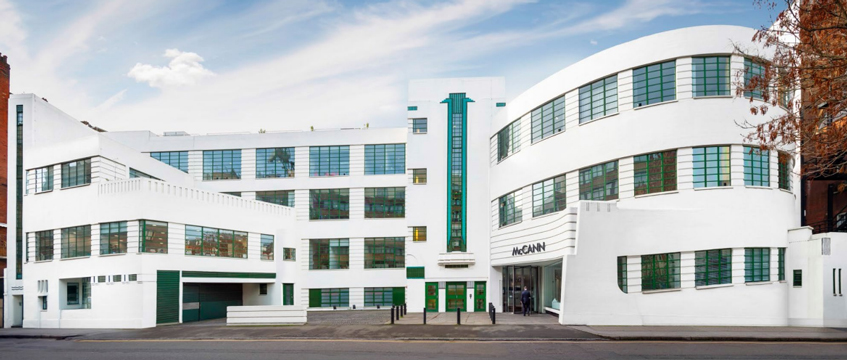Life Science REIT is set to turn the majority of vacant spaces within its portfolio into labs, with locations occupied by non-life sciences firms also earmarked for repositioning.
Simon Farnsworth, managing director at the REIT’s investment adviser Ironstone Asset Management, told EG: “The rent differential between the normal office market rent and the lab rent is significant and it’s almost double now given the scarcity of lab space. So across the portfolio we’re looking to execute that strategy.”
Farnsworth said the business is in talks with “a number” of occupiers across its 490,000 sq ft portfolio that are coming to the end of their leases. Occupancy levels now stand at 82%, inching up from 81% at the end of last year.
He cited Lumen House at the Harwell Science and Innovation Campus near Oxford as an example of a property that will be repositioned after its sole tenant Jisc, which is a tech firm, exits in 12 months’ time. The REIT bought the 18,000 sq ft asset last December for £7m, reflecting a 4.4% net initial yield.
Farnsworth also earmarked space at Cambourne Business Park in Cambridge for repositioning after “a couple” of tenants moved out, while Rolling Stock Yard in King’s Cross, N7, already has two floors vacant and ready for repurposing.
Ahead of listing on the stock exchange last year, the company said it “would not limit itself” in relation to the types of properties it buys or develops, but examples “may include wet and dry laboratories, offices, incubators and co-working space, manufacturing and testing facilities and data centres”.
Since then, the REIT has acknowledged there are sustainability challenges that it has to overcome as it repurposes its office properties, largely relating to power usage.
Farnsworth said: “At normal offices we use about 30 watts per sq m, while a dry lab can use up to four times that. So we’re working very hard, particularly on Cambourne, which comprises older buildings.
“We’re looking at PV panels, ground source heating and EV charging points across the board of all our assets because some of them, particularly the ones we’ve acquired recently, haven’t got that, which is fairly fundamental. So we’re looking at alternative sources of energy.”
In terms of acquisitions, Farnsworth said the REIT will continue to target locations within the Golden Triangle given its links with top universities and teaching hospitals. He also highlighted Manchester as a location with a lot of potential.
Farnsworth said: “We’re very disciplined in our approach that these locations have to have very tight supply/demand dynamics. We’re not seeing that outside the Golden Triangle other than perhaps in Manchester at the moment. Manchester’s the one market where I think those dynamics are beginning to come into play with increasing demand and increasing investment into the life sciences sector.
“The UK punches well above its weight in terms of life sciences. For a relatively small country we have a huge breadth and depth of expertise, R&D, and we’re now attracting people into the UK rather than losing them to other countries.”
The company is also on a recruitment drive as it expands. It is on the lookout for finance, acquisition and asset management hires.
Farnsworth said: “We’re already interviewing further recruits there, particularly given the complexity and the amount of work required on these [acquired] assets.
“Prior to the IPO, we had looked to be up to a dozen people within 12 months. We’re up to that within six months. We’re ahead of plan and looking to scale up.”
To send feedback, e-mail evelina.grecenko@eg.co.uk or tweet @Gre_Eve or @EGPropertyNews











